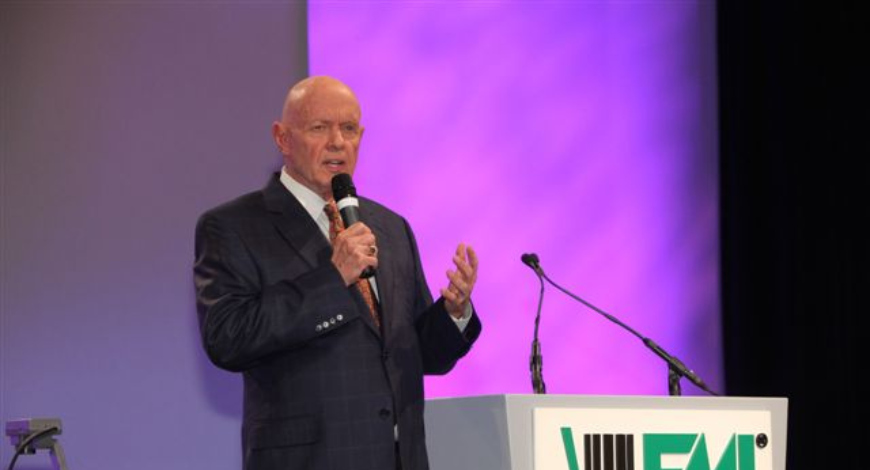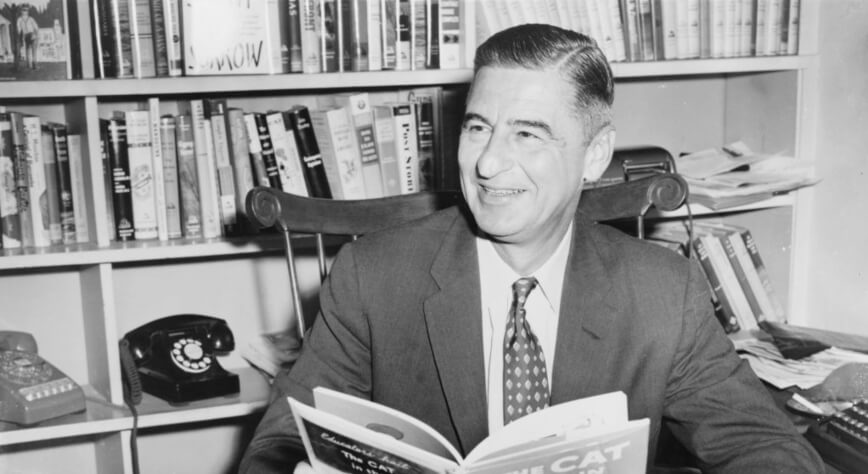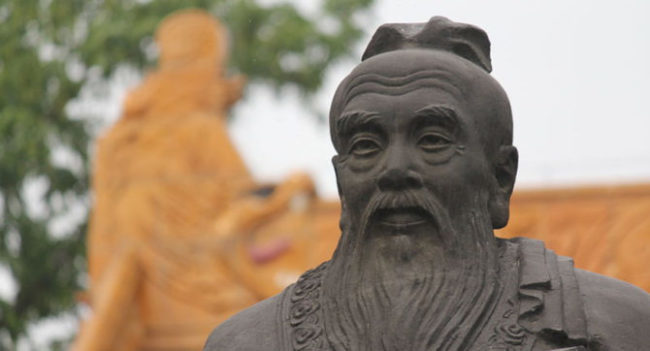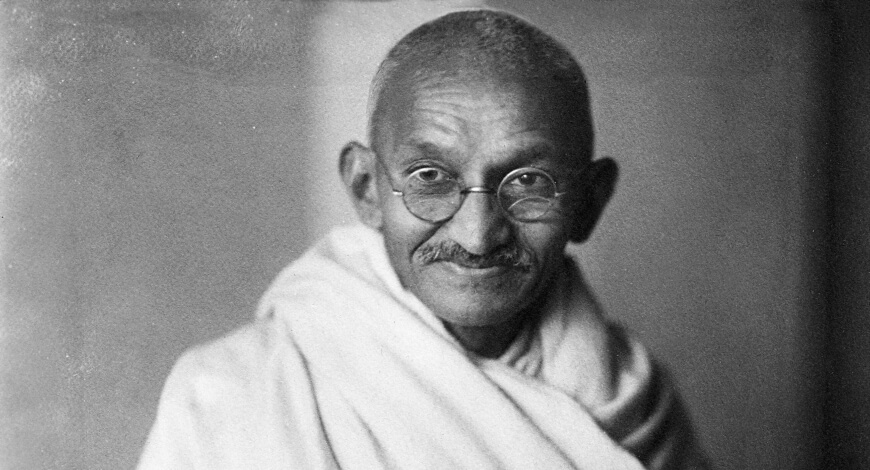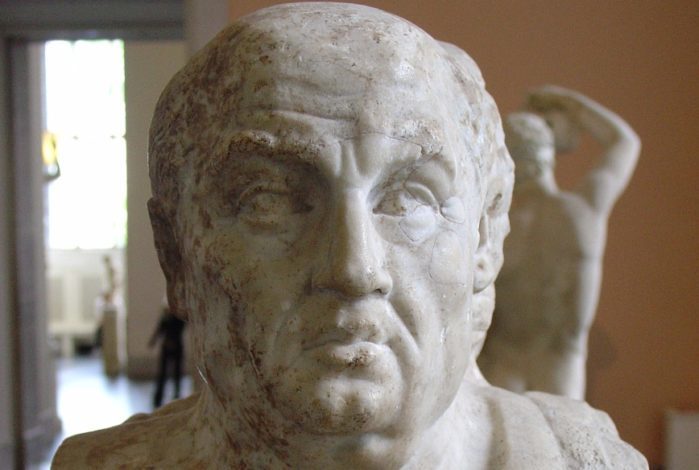All students have strong opinions about friends. They are in the process of making friendships and ending them. Students have different perspectives on how many friends they should have. Some believe that friends should come in large numbers. Others believe the word ‘friend’ should be reserved for the very few. Forming healthy friendships is an important part of human development which requires thoughtful reflection and ethical decision-making.
Sometimes doing the right thing means that you will face scorn and ridicule from other people. Often this opposition takes the form of angry words thrown against us. As much as these words hurt us, there is a different kind of pain we feel when those in whom we place our trust end up letting us down. Friends and enemies have the power to injure us and so we must find strategies for coping with both situations.
Diversity is something many students confront for the first time in school. They are required to learn with students of different socio-economic and cultural backgrounds, not to mention those who embrace different traditions, learning styles and ways of seeing the world. When students confront diversity, they confront moral choices on how to react to people who are different from them.
Many students assume they are just a number and don’t really matter in the world. They don’t think of themselves as role models with responsibilities to other people. Yet, like it or not, their behavior is being watched and they are having an influence on those around them in important, unseen ways. Becoming more aware of their impact makes students more compelled to act in ethical ways.
Students know what it feels like to be hurt. When they are hurt, they have choices to make about how to treat the people who hurt them. These choices give them opportunities to demonstrate empathy and respect for others and to preserve relationships, or break them off. Forgiveness is a moral choice which strikes at the heart of ethical decision-making.
Many students assume they are just a number and don’t really matter in the world. They don’t think of themselves as role models with responsibilities to other people. Yet, like it or not, their behavior is being watched and they are having an influence on those around them in important, unseen ways. Becoming more aware of their impact makes students more compelled to act in ethical ways.
Respect is something all students want. The question is how to get it. Students are told that if they hold themselves in high regard, people will want to be around them. They are also told that respect comes from doing things for others. Though the path towards respect is different for people, all agree that it is a worthwhile pursuit and leads to greater self-awareness and self-efficacy.
Sacrifice requires that we do things today that don’t have immediate benefits for ourselves; but help others instead. Students have generous hearts but, for the most part, are focused on their own successes and sometimes resist the moral obligation to sacrifice for others.
One of the hardest skills to develop is the ability to see the world from different perspectives. This skill is especially difficult during crises like the Coronavirus where all around us we see despair, social dislocation and loneliness. Everything tells us to lose hope. It is during these hard times, however, that we have fresh opportunities to see differently in ways that can improve our mental health.
All students have run across “know-it-alls”. They might be one themselves. They walk into a room and express supreme confidence with their knowledge. Being humble is seen as a sign of weakness. Then there are those timid students who wait patiently, ask questions and only speak when they are certain of something. Confidence and humility are noble traits. The life-long challenge is striking the right balance between the two.
When students interact with others, they have lots of moral decisions to make. It’s hard for them to decide exactly how to treat other people, especially strangers, since many times they don’t have much information to go on and so they must rely on their intuitive judgements and best guesses. How they decide to act reflects deeply upon their characters.
Every student knows a little something about enemies and conflict. They don’t get along with everybody and these inevitable conflicts force them to make choices about how to treat other people. These choices have real consequences as they impact their capacities to build and sustain friendships.




